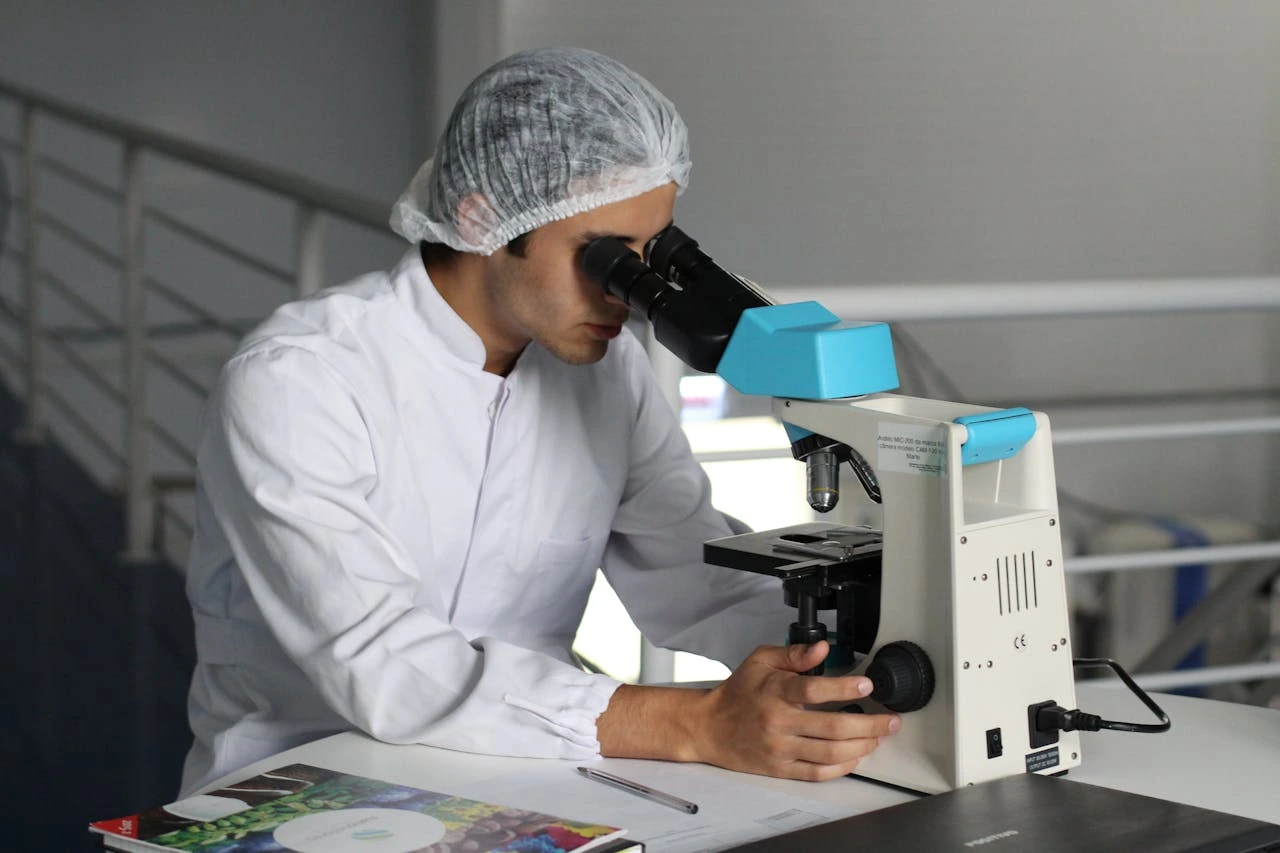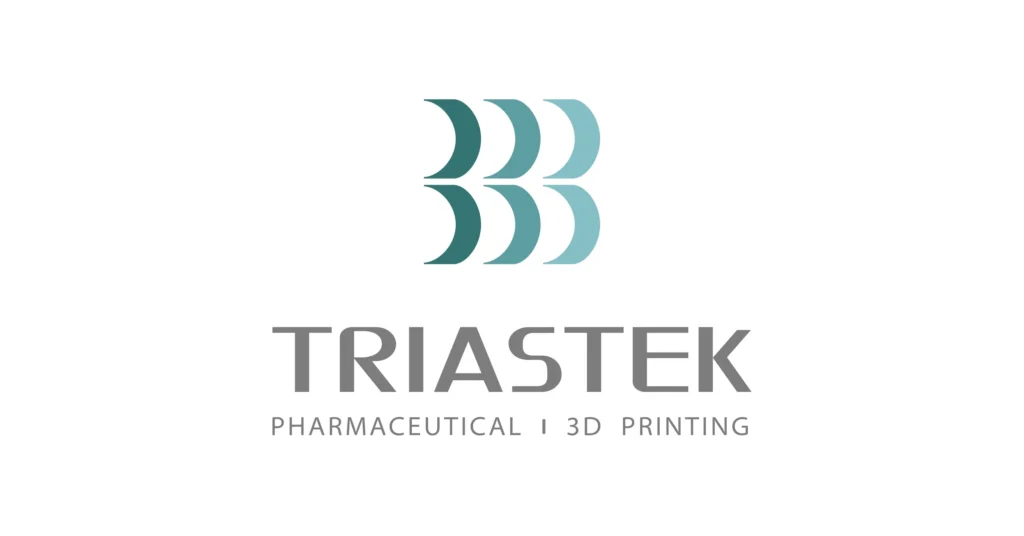
Triastek’s D23 (Budesonide Ileum-Targeted Tablet) Shows Positive Clinical Results
Triastek has announced that its 3D-printed drug, D23 (Budesonide Ileum-Targeted Tablet), has achieved positive results in a recent clinical trial aimed at treating IgA nephropathy (IgAN). D23 is a budesonide delayed-release tablet, produced using Triastek’s innovative Melt Extrusion Deposition (MED®) process, which is based on the company’s proprietary 3D Microstructure for Intestinal Targeting (3DμS®-IT) platform. This breakthrough technology allows for the precise targeting of drug delivery to specific sites within the intestine, ensuring that budesonide reaches the ileum, the region where IgAN originates and where it is most effective.
The success of this novel 3D printing approach is expected to provide significant advantages in the treatment of IgA nephropathy compared to current therapies. Triastek’s ability to control the release and targeting of the drug offers a promising solution for more effective management of this challenging condition.
The clinical trial was designed as a randomized, open-label, single-dose, two-sequence, four-period, complete repeat crossover study. A unique method was employed to label the components of the D23 tablets and track their gastrointestinal transit in vivo through X-ray imaging. This allowed researchers to examine the timing and location of D23’s drug release as it moved through the digestive system, as well as the corresponding pharmacokinetics (PK) of budesonide.

X-ray imaging confirmed that the D23 tablet released budesonide only upon reaching the ileum, the target site for maximum therapeutic effect. Given that IgA nephropathy is believed to originate in the ileum, this targeted release ensures that the drug exerts its full effect directly at the site of inflammation.
The pharmacokinetic results closely aligned with the X-ray imaging findings, demonstrating that the release and delivery of budesonide were consistent and predictable, further supporting the targeted delivery technology’s effectiveness.
The results from the clinical trial indicate that D23’s targeted delivery of budesonide is a significant advancement in the treatment of IgA nephropathy. With this confirmation, Triastek plans to advance D23 into the next phase of clinical trials, where its clinical efficacy in treating IgA nephropathy patients will be evaluated.
Triastek’s MED® 3D printing process, combined with the 3DμS®-IT platform, allows for precise control over the drug release profile. By fine-tuning factors such as material selection, layer thickness, and the composition of the delayed-release layer, the company can create a tablet that releases the drug in a highly controlled manner. This method enables the drug to be released in various forms, including immediate, sustained, or even pulsed release, which is not possible with traditional tablet manufacturing techniques that use a drug core and delayed-release layer.
This level of precision in drug delivery ensures that patients receive the optimal therapeutic dose at the correct time, significantly improving the likelihood of therapeutic success. The ability to tailor the release profile of the drug could enhance the overall treatment of not only IgA nephropathy but other conditions that require targeted and controlled drug delivery to specific regions of the gastrointestinal tract.
Triastek’s commitment to advancing 3D printing technology in drug delivery is positioning the company as a leader in the development of personalized, precision medicine. The successful clinical trial results for D23 demonstrate the potential of 3D-printed drugs to revolutionize treatment strategies for a variety of diseases. By targeting the drug precisely to the site of action, Triastek hopes to improve patient outcomes, reduce side effects, and provide a more effective treatment option for patients suffering from chronic conditions like IgA nephropathy.
The next steps for D23 will involve larger, multi-center clinical trials to confirm the safety and efficacy of the drug in a broader patient population. If these trials are successful, D23 could become a breakthrough therapy for IgA nephropathy, offering a more effective treatment option compared to existing therapies.
Triastek’s innovative approach to drug delivery through 3D printing reflects a broader trend in the pharmaceutical industry toward personalized and precision medicine. By harnessing the capabilities of advanced 3D printing technology, the company is not only creating more effective drug delivery systems but also pushing the boundaries of what is possible in terms of controlled, site-specific treatment. The successful development of D23 represents a significant step toward the future of medicine, where treatments are increasingly tailored to the individual patient’s needs.
The official version of this press release is in the original language, with translated versions provided for convenience. Only the original version holds legal effect.
In conclusion, the positive clinical results of Triastek’s D23 (Budesonide Ileum-Targeted Tablet) in the treatment of IgA nephropathy mark a significant milestone in the company’s mission to revolutionize drug delivery. With the successful use of 3D printing technology and the targeted release of budesonide, Triastek is well-positioned to advance the next phase of clinical trials and potentially provide a breakthrough therapy for IgA nephropathy patients in the near future.




